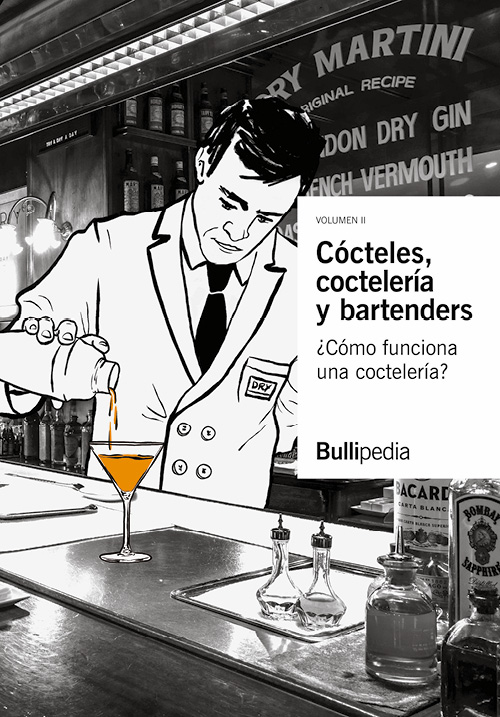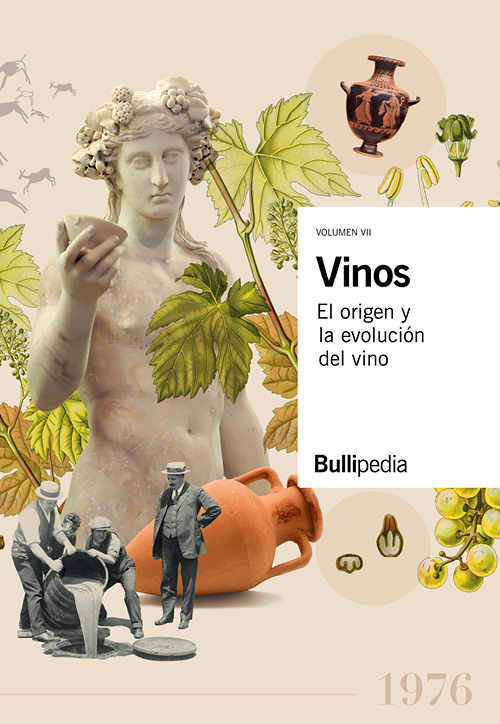
CHAPTER 4
The cook as a human being
Cooks are humans and, as such, possess a body, a mind and a spirit. Here we deal with the role and relevance of each of these three elements in the culinary field.
Cooking with the body, cooking with the mind, cooking with the spirit
We consider the options of cooking physically, using the body to carry out actions; mentally, at the level of ideas before and during the action; and spiritually, when what drives cuisine is situated on a higher plane than physical and mental realities.
Cooking theory through practice
Cooking is an action – that is, it is eminently practical. But there is a theory, both of cooking and in cooking, which has made the practical part evolve, and this is essential if cuisine is to be improved.
Is everyone who cooks a cook? Do only cooks elaborate?
The character of the cook can adopt different profiles, both in the domestic context and in the restaurant business. Here we raise the idea that it is not only the agent or ‘cook’, whether amateur or professional, who cooks, given that some elaborations are completed outside the kitchen and performed by other agents (front-of-house staff, the customer or diner, etc.).
The professional cook: cooking as a career choice
Besides being an action that involves a process and produces a result, cooking is a professional field in which careers are forged. First it was an action, then an activity and, over time, it came to be considered a trade and profession, with all that this entails: a body of theoretical knowledge that is put into practice in exchange for remuneration.
Sensoperception, the master key to cooking
The capacity for sensoperception is indispensable in cooking, since it allows us to receive stimuli from the environment. In culinary terms, it can be developed as a talent that allows cooks to anticipate what the customer or diner will feel when eating the dishes they have cooked.
Who cooks all the ready-made, elaborated food products we acquire?
We sometimes buy food and drink that someone else has cooked in an industrial production process that results in an elaborated product. This can be become an intermediate elaboration if it is used in an elaboration process at home or in a restaurant, or remain an elaboration that is consumed plated or in a glass with no need for further transformation.
When a person who eats also cooks, are we talking about a diner cook?
Diners can also cook, when they influence the elaboration process by making decisions, applying techniques, combining intermediate elaborations, plating, etc. This shows us that the process of reproduction does not always end in the kitchen and very often continues almost to the moment of tasting.

















